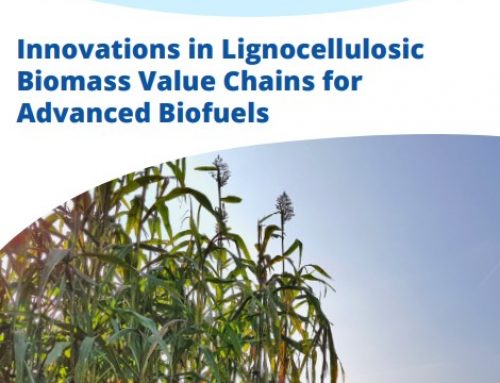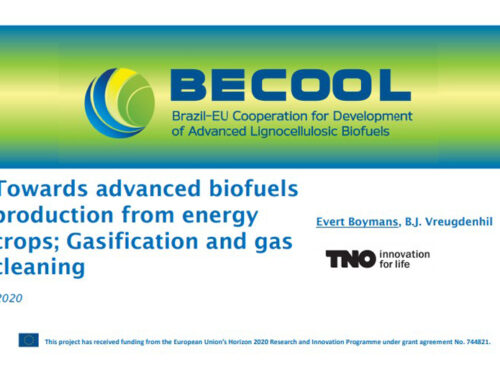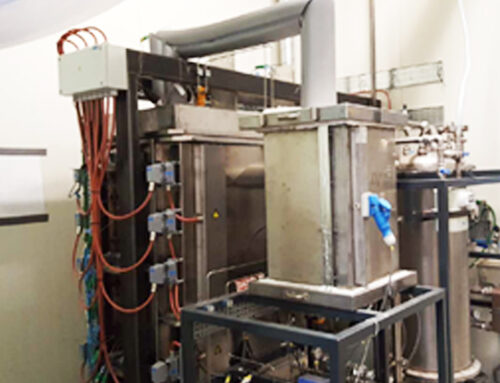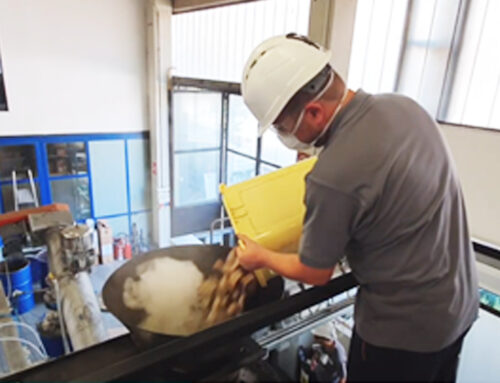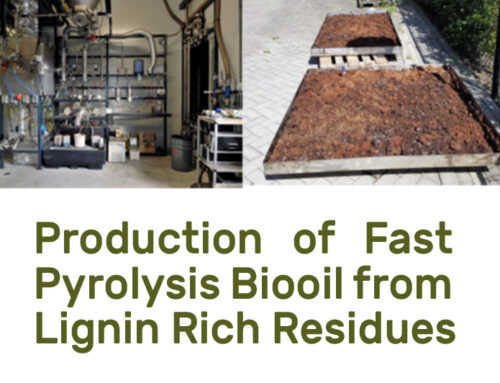 One of the tasks of BECOOL is to build models for a series of selected advanced lignocellulosic biofuels value chains, based on experimental performance and cost data, derived from the gasification and pyrolysis trials.
One of the tasks of BECOOL is to build models for a series of selected advanced lignocellulosic biofuels value chains, based on experimental performance and cost data, derived from the gasification and pyrolysis trials.
In 2020, process design and operational models were prepared and are now available for the project, to generate performance balances for industrial size plants. Builiding on the consortium’s experiences in commercialising advanced biofuel technologies a low-Capex approach was adopted to develop the process designs for the following technologies:
- atmospheric low-temperature fluidised-bed gasification technology for solid feedstocks
- pressurised high-temperature entrained-flow gasification technology for liquid or slurry feedstock.
Two different approaches for the handling of tars from low-temperature gasification were chosen, namely catalytic reforming or scrubbing.
The combination of these alternatives leads to three basic configurations, each one characterised by distinctive plant designs that will be individually modelled and analysed in 2021.
The benchmarking of process models between VTT, ECN and Brazilian partners will be carried out to ensure that the processes are consistently designed and simulated across the consortium and that the results are reliable.


